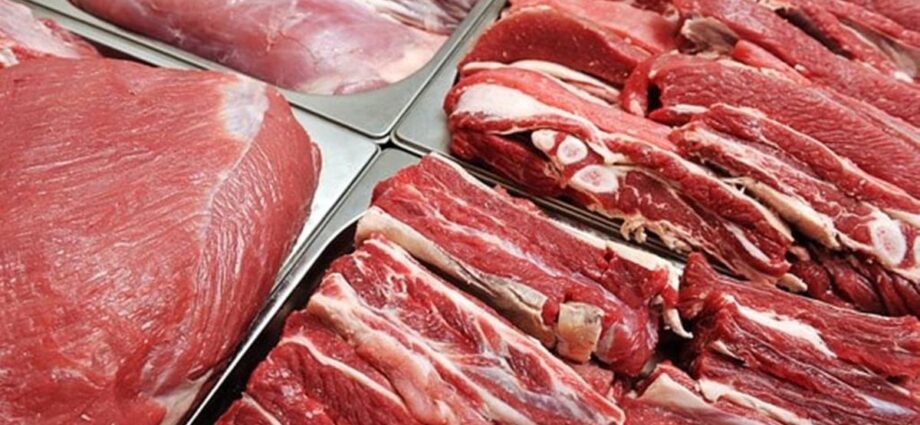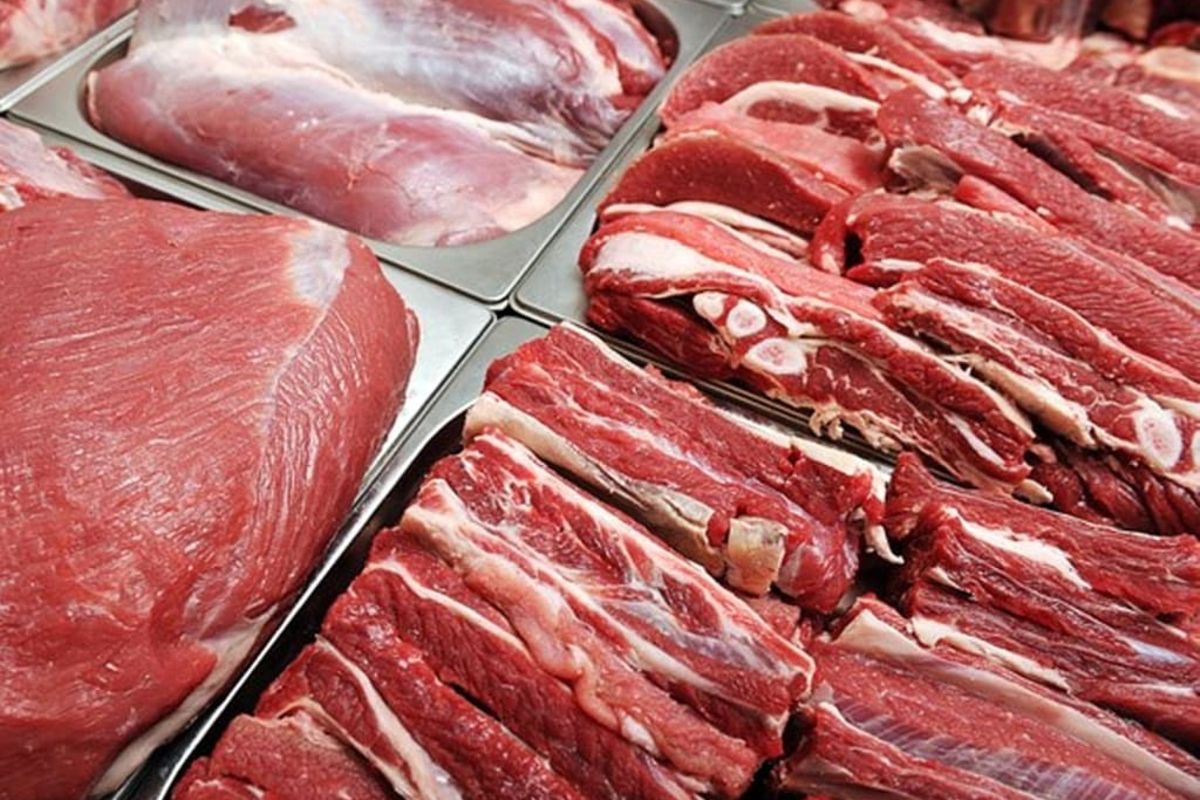Dar es Salaam. Arab countries constitute a significant portion of foreign markets driving growth in Tanzania’s meat industry, with exports surging by 41.1 percent to $86.31 million (Sh220.52 billion) last year.
According to a new 2023 State of the Economy report, the country exported 14,701.2 metric tonnes of meat last year, compared to 10,416.0 metric tonnes of meat valued at $42.5 million (Sh98.9 billion) that was exported in the preceding year.
“The increase in meat exports was due to improved business and investment environments as well as strengthened meat markets in countries such as Hong Kong, Vietnam, Kuwait, Qatar, the United Arab Emirates (Dubai), Oman, Jordan, Bahrain, Kenya, and Comoros,” the report read in part.
In contrast, the leather business slowed down last year, as 4,933 metric tonnes of leather pieces were exported compared to 7,472 metric tonnes in 2022.
During this period, leather piece exports were valued at Sh6.11 billion compared to Sh10.05 billion in 2022, a decrease of 39.2 percent. Export destinations for leather include Nigeria, Ghana, Togo, and Pakistan.
“This decline was caused by some traders halting leather exports to Nigeria due to the general elections in that country, which accounts for over 90 percent of Tanzania’s leather exports,” the report stated.
During his address at the parliament on June 13, 2024, the minister of State in the President’s Office (Planning and Investment), Prof Kitila Mkumbo, also noted that the government will review the system for selling agricultural, livestock, and forestry products to simplify and enable the business environment in rural areas.
“The government plans also to create special conditions to attract the construction of small industries in rural areas to initiate primary processing in strategic sectors, including agriculture, livestock, fisheries, and forestry,” he said.
Furthermore, the expansion of domestic meat processing industries in Tanzania has substantially bolstered the trade in live animals, resulting in a significant reduction in the export of live animals.
According to a report, while the domestic livestock market almost doubled at 99.8 percent, the value of live animal exports has dipped by 28.8 percent.
The report showed that in 2023, the domestic livestock market was valued at Sh3.47 trillion, higher than Sh1.74 trillion in the preceding month. A total of 2,957,724 cattle, 2,554,266 goats, and 273,982 sheep were traded in the market.
In 2022, there was trading involving 2,194,937 cattle, 1,879,623 goats, and 201,610 sheep.
In contrast, the export market for live animals saw a decline; last year, it involved 20,536 cattle and 37,157 goats and sheep, valued at Sh44.4 billion. That was a decrease from 23,356 cattle and 39,951 goats valued at Sh62.4 billion that were traded in 2022.
The report highlighted that the decline in live animal exports is attributed to the increase in domestic meat production for export and the government’s efforts to seek new international markets for processed meat.
“The expansion of local meat processing industries aimed at export, coupled with government initiatives to find new markets abroad, such as Hong Kong, Vietnam, Kuwait, Qatar, the UAE (Dubai), Oman, Jordan, Bahrain, Kenya, and Comoros, has shifted the focus from exporting live animals to exporting processed meat,” the report read.















